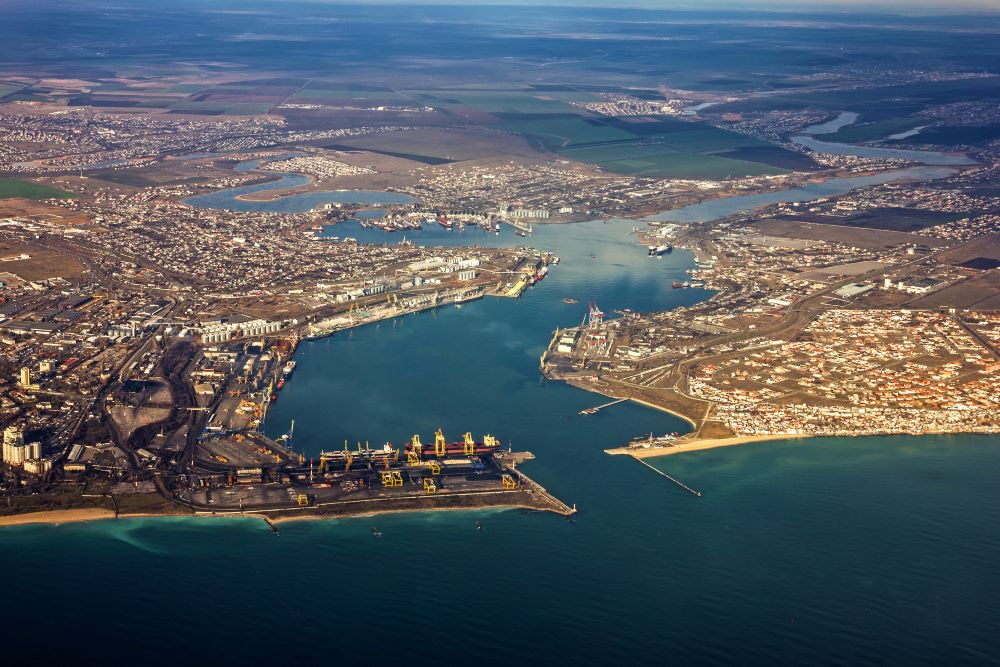
Grain will continue to be exported from Ukraine for another four months under an extension of the UN-backed deal to help ease global food shortages.
Three ports in Ukraine will be allowed to ship grain, foodstuffs and fertilisers following the announcement of the deal, brokered by Turkey and the UN to continue with protected sea transit corridors.
“I welcome the agreement by all parties to continue the Black Sea grain initiative to facilitate the safe navigation of export of grain, foodstuffs and fertilisers from Ukraine,” said UN secretary general Antonio Guterres.
Although Russia has agreed the deal, which starts on 10 November, it remains aggrieved that its agricultural and fertiliser exports are hampered by ongoing sanctions due to its invasion of Ukraine, reports Reuters.
Trade barriers
The sanctions do not directly target Russia’s exports but have created additional barriers for payments, shipping and insurance that Moscow has pushed the UN to resolve, reports the FT.
Guterres said the UN was “fully committed to removing the remaining obstacles to exporting food and fertilisers from the Russian Federation”.
In a separate agreement with Russia, the UN has begun shipping fertiliser to African nations that has been stuck in European ports since the start of the war.
The UN helped create a general licence to assure private companies that there was a “blanket exemption” from sanctions for Russian food and fertiliser, and to encourage insurers to cover Russian-flagged vessels.
Price relief
Grain prices fell after the deal was extended, with wheat futures in Chicago down 3% to $7.94 a bushel while corn dropped 1.5% to $6.56 a bushel.
The 120-day extension was less than both the UN and Ukraine wanted, with the latter pushing for the agreement to be extended for at least a year and for it to include additional ports in the Mykolayiv region and Odesa province.
More than 11 million metric tons of foodstuffs have left Ukrainian ports on 462 ships under the initiative since the summer.
According to Politico, the four-month rollover of the deal is good news for the world’s poorest countries, which rely on grain flows from Ukraine, one of the world’s biggest producers.
But the latest agreement creates a new deadline next March for extending the deal again, giving Moscow leverage to threaten to quit the agreement and demand concessions on Western sanctions.
Speaking to reporters at the G20 in Bali this week, Turkish president Recep Erdogan said Ankara was also pushing to extend the grain deal for a year, reports NPR.
“As soon as we return, we will continue our talks, especially with Mr. Putin. Because the way to peace is through dialogue,” Erdogan said.



